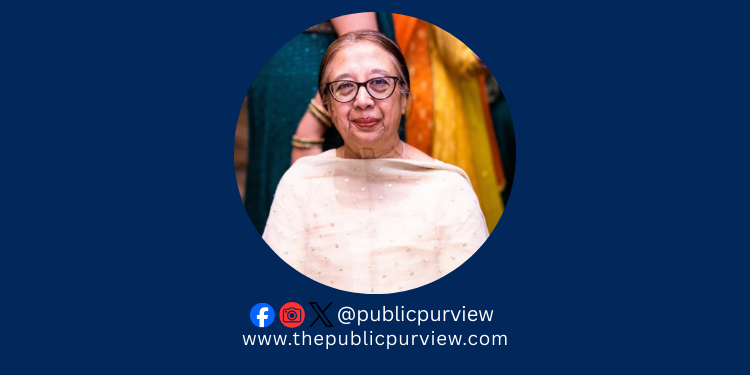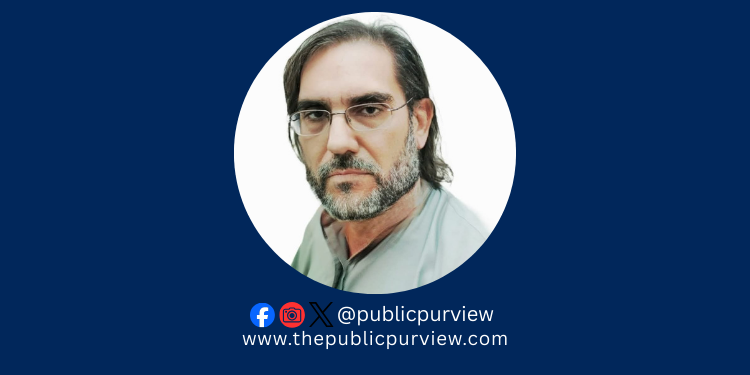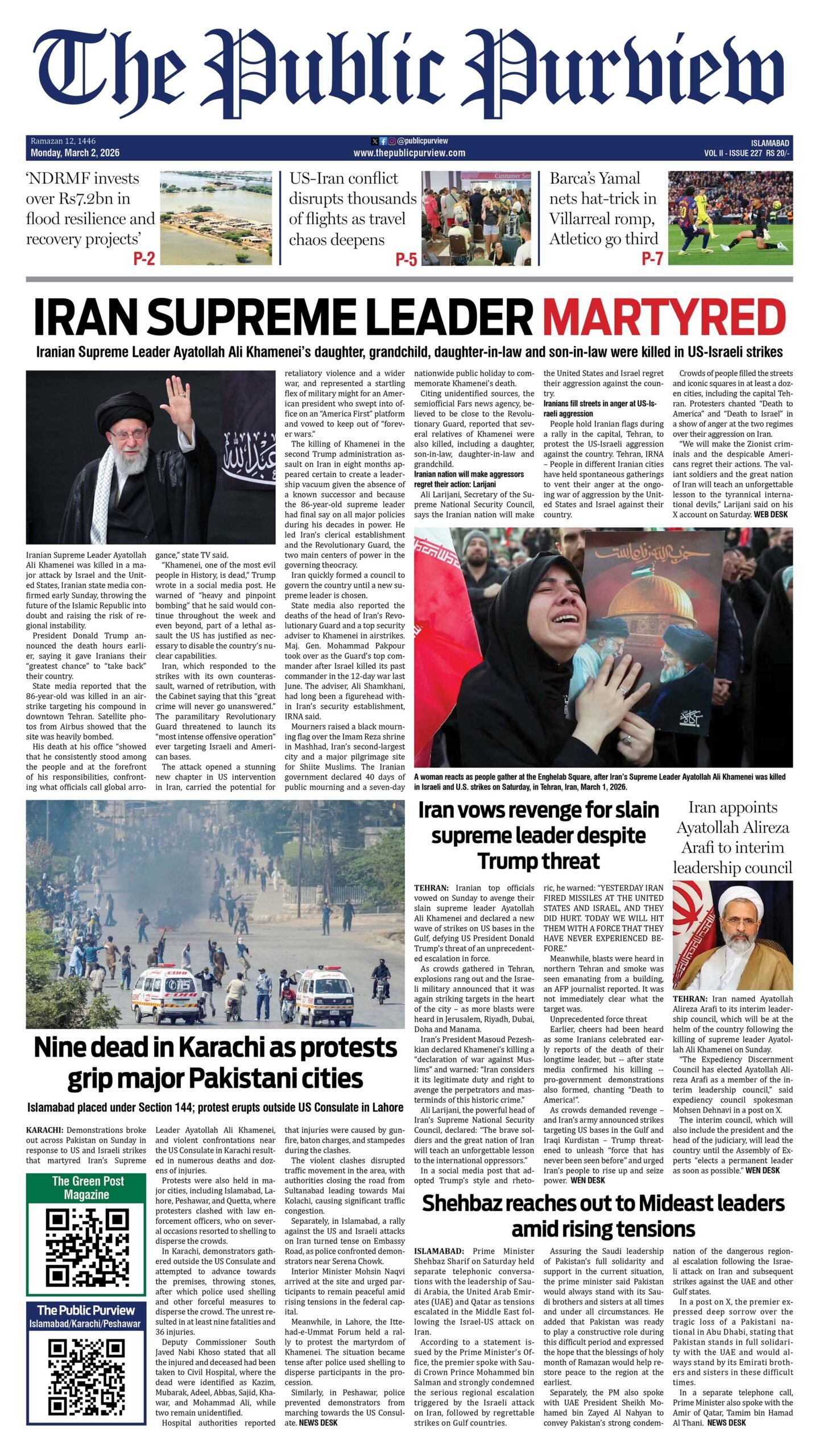The recent inauguration of Pakistan’s first free breast cancer screening center at the Pakistan Institute of Medical Sciences (PIMS) in Islamabad marks a defining moment in the nation’s healthcare journey. It is more than just another ribbon-cutting ceremony—it represents a long-awaited shift from treating disease after it strikes to detecting it before it spreads. For a country battling one of the highest rates of breast cancer in Asia, this initiative offers a rare sense of hope, signaling a move toward prevention and early diagnosis.
For decades, breast cancer awareness in Pakistan has remained trapped behind social taboos, limited education, and poor access to healthcare. Many women, particularly in rural and low-income communities, hesitate to seek medical help due to fear, stigma, or financial constraints. In this context, the Islamabad center stands as both a medical facility and a symbol of progress—a tangible reminder that women’s health deserves attention, respect, and priority.
It is heartening to see that similar initiatives are being considered across other provinces, with hospitals and civil society organizations hosting awareness drives, workshops, and screening camps. Such efforts are crucial to breaking cultural barriers and encouraging women to come forward for checkups. When more women begin to view breast health as part of routine care rather than a taboo subject, real change will follow.
Yet, awareness is only the first step. Pakistan’s healthcare system must now evolve to support a sustainable, nationwide screening network. This means investing in trained radiologists, mobile diagnostic units for remote regions, and an effective referral system linking local clinics to specialized hospitals. The creation of a national cancer registry—long overdue—should be treated as a top priority. Without reliable data, policymakers cannot identify high-risk populations or design effective prevention programs.
Education remains another critical pillar in this fight. Campaigns must go beyond slogans and symbolic gestures to deliver real knowledge. Women need to know how to perform self-examinations, recognize warning signs, and seek medical help promptly. Schools and workplaces can become key spaces for education, helping young women understand that early detection saves lives. Equally, involving men in awareness efforts can dismantle harmful stereotypes and promote open, informed discussions within families.
Encouragingly, the government has shown renewed interest in women’s health. The commitment expressed during the launch of the PIMS center reflects an understanding that women’s wellbeing is central to national progress. But this commitment must translate into consistent funding, follow-up programs, and collaboration with NGOs and private health organizations. Too often, good initiatives fade away after their inauguration; sustained implementation is what will determine success.
Breast cancer is not merely a medical issue—it is a national challenge that cuts across class, geography, and gender. Every early diagnosis represents a life saved, a family spared the pain of loss, and a step forward for women’s empowerment. The Islamabad center is a beacon of what can be achieved when compassion meets policy, but the effort must not stop here.
Pakistan’s fight against breast cancer requires a long-term vision rooted in awareness, accessibility, and accountability. The goal should be clear: every woman, regardless of where she lives or what she earns, deserves access to free and timely screening. If this momentum continues—if the state, medical community, and society work together—then the dream of reducing breast cancer deaths in Pakistan can become a reality.
What began as a single center in Islamabad must evolve into a nationwide movement—one that gives every woman the right to live a healthy, dignified, and fear-free life. That will be the true measure of progress in Pakistan’s journey toward better public health.
Read more news related to health and breast cancer here: https://thepublicpurview.com/category/health/
Read more expert opinions here: https://thepublicpurview.com/category/blog/
For climate-related stories, visit: The Green Post







 Today's E-Paper
Today's E-Paper